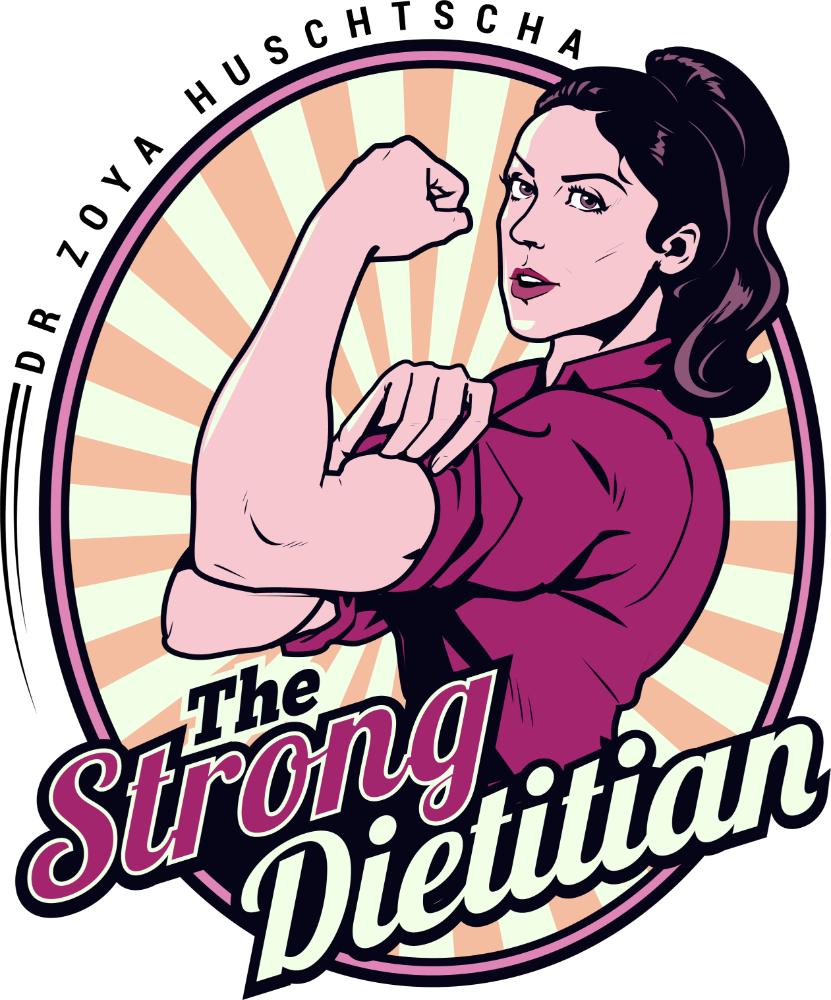How to Manage Cholesterol with Diet for Better Heart Health
Mar 10, 2025
Cholesterol often gets a bad rap, but it's not all bad. Your body needs cholesterol to build cells, produce hormones, and support digestion. The problem arises when cholesterol levels become imbalanced—specifically, when LDL (“bad” cholesterol) is too high or HDL (“good” cholesterol) is too low.
The good news? Your diet plays a major role in managing cholesterol levels and reducing your risk of heart disease. In this blog, we will break down what cholesterol is, how food affects it, and what to eat (or avoid) for better heart health.
Understanding Cholesterol: LDL vs HDL
-
LDL (Low-Density Lipoprotein) – "Bad" Cholesterol
LDL carries cholesterol through your bloodstream, but too much can lead to plaque buildup in your arteries, increasing the risk of heart disease and stroke. -
HDL (High-Density Lipoprotein) – "Good" Cholesterol
HDL helps remove excess cholesterol from your bloodstream, carrying it back to the liver for disposal. Higher HDL levels are linked to better heart health. -
TriglyceridesTriglycerides are another type of fat in your blood. High levels, combined with high LDL or low HDL, increase heart disease risk.

How Diet Affects Cholesterol Levels
Foods to Avoid for Lower Cholesterol
-
High Saturated Fat Intake
A meta-analysis published in the Journal of the American College of Cardiology found that replacing saturated fats with unsaturated fats, particularly polyunsaturated fats, reduced LDL cholesterol levels and was associated with a lower risk of cardiovascular disease. The American Heart Association recommends limiting saturated fat intake to no more than 5-6% of daily calories to support heart health.
Replacing saturated fats with healthier fats—such as monounsaturated fats from olive oil and avocados or polyunsaturated fats from nuts, seeds, and fatty fish—can help improve cholesterol balance and reduce cardiovascular risk.
-
Consumption of Trans Fats
Trans fats are a double-edged sword when it comes to cholesterol. These fats increase your LDL and lower your HDL. A high intake of trans fats increases your risk of heart attack, stroke, and type 2 diabetes.
-
Excess Sugar and Refined Carbohydrates
While high cholesterol is often associated with fatty foods, excessive sugar and refined carbs can also contribute to the problem. White bread, pastries, sugary drinks, and processed snacks cause insulin spikes, promoting liver fat accumulation and increased cholesterol production.
-
Coffee and Cholesterol
Coffee is widely consumed, but its effect on cholesterol levels depends on how it’s prepared. Research suggests that unfiltered coffee, such as Scandinavian-style boiled coffee, can significantly increase LDL cholesterol levels due to compounds like cafestol and kahweol, which are not removed by unfiltered brewing methods.
On the other hand, filtered coffee does not appear to raise LDL cholesterol. Studies show that consuming around 4.6 cups of filtered coffee per day has no significant effect compared to drinking water or avoiding coffee altogether. When comparing coffee to tea, evidence suggests that drinking 6.8 cups of coffee (mocha, espresso, instant, or filtered) may slightly increase LDL cholesterol, while tea may help lower it. However, more research is needed to confirm this effect.

Heart-Healthy Foods to Improve Cholesterol
There are a range of dietary changes that can help improve cholesterol levels. Here, we focus on the three with the highest level of evidence:
- Soluble Fibre
Soluble fibre is the portion of plant foods that cannot be broken down by the digestive system. It works by binding to cholesterol in the digestive system and preventing its absorption into the bloodstream. Eating 5-10 grams of soluble fibre per day can help lower LDL cholesterol by 5 to 11 points
Foods high in soluble fibre: oats, barley, beans, lentils, fruits like apples and citrus, and vegetables like carrots and Brussels sprouts.
- Plant Sterols and Stanols
Plant sterols and stanols are natural substances found in plants that help block cholesterol absorption in the intestines. Consuming foods fortified with these compounds—like certain margarines, yogurt, and juices—has been proven to reduce LDL cholesterol. A daily intake of 2-3 grams of plant sterols or stanols can lower LDL cholesterol by 6-12%, making them an effective tool for cholesterol management.

3. Nuts
A 2023 review found that regular consumption of nuts such as almonds, walnuts, and pistachios is effective in lowering cholesterol. This is due to their high content of monounsaturated and polyunsaturated fats, fiber, antioxidants, plant sterols, and omega-3 fatty acids. Studies consistently show that consuming nuts can lead to significant improvements in cholesterol profiles, with reductions in total and LDL cholesterol, while also reducing inflammation and oxidative stress. Including nuts in a heart-healthy diet is widely recommended to improve cholesterol levels and reduce cardiovascular risk.
Conclusion: Simple Changes for Better Cholesterol Levels
Cholesterol plays an important role in your body, but an imbalance—specifically high LDL cholesterol—can increase the risk of heart disease. By making key dietary changes, such as increasing soluble fibre, consuming plant sterols and stanols, and incorporating heart-healthy nuts into your diet, you can manage cholesterol levels and support heart health. Making these small, but impactful changes can help reduce your risk of cardiovascular disease and promote better overall well-being.
Ready to take control of your health? Book a free discovery call today and let’s discuss how I can help you reach your wellness goals
Stay connected with news and updates!
Join our mailing list to receive the latest news and updates from our team.
Don't worry, your information will not be shared.
We hate SPAM. We will never sell your information, for any reason.



